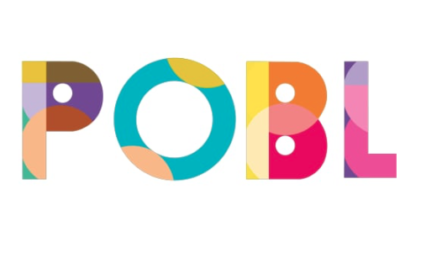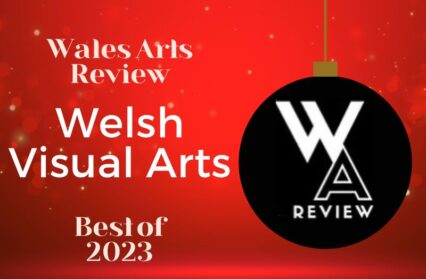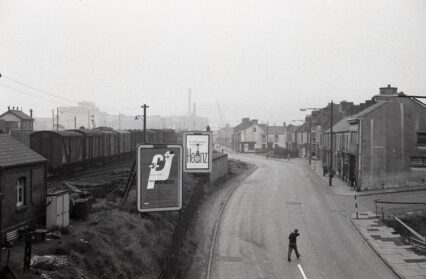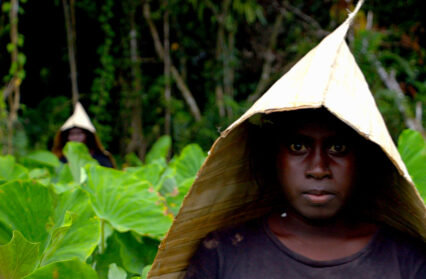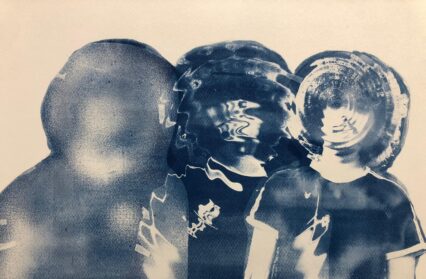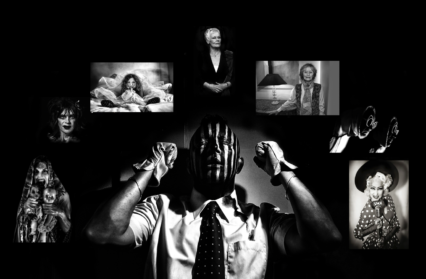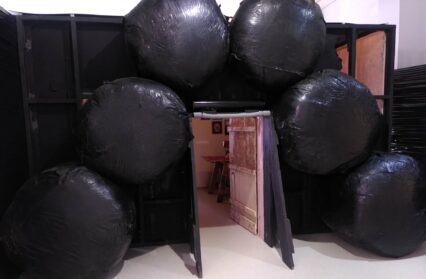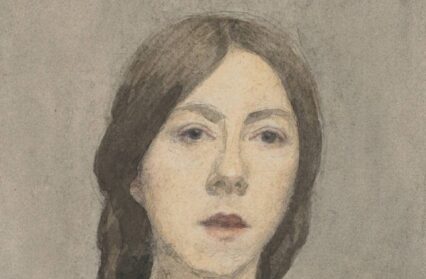Dr Victoria Leonard reviews the Pobl exhibition at Swansea’s National Waterfront Museum, and sees a focussed engagement with the local community.
The polarisation of people and their politics is a sign of our times, and the options ‘yes’ or ‘no’ leave no room for nuance or conciliation. Fear and anger drive change and define how we see each other: hostility emanates from other people. Pobl, Welsh for people, is an exhibition from Swansea’s National Waterfront Museum. It is a powerful and at times exhilarating antidote to the pessimistic disbelief in others, emphasising how we are different from one another in a moving and playful celebration of people.
The exhibition showcases the scale and diversity of the Museum’s community engagement, foregrounding the individuals who invest, participate and benefit from the Museum. The viewer is invited to wander through the mixed-media exhibition in an open space: over-size portrait images present people living their best lives. Short films of volunteers, staff, and visitors give personal accounts of their relationship with the Museum, often with quiet pride. These are not stake-holders or consumers, they are people valued for their participation. They demonstrate a keen awareness of future legacies, and acknowledge the transitory nature of their contribution as a gift to be passed on.
Pride in people is not writ large, but is palpable beneath the artefacts, radiating from the portrait of a man in a bright-green cloak and sunglasses with a huge grin and chest puffed out. Diversity and inclusion are at the heart of the Museum’s work: Rhys Thomas brought valuable knowledge as a volunteer with autism, leading a project to create a chill-out room and developing his interpersonal skills in the process. The portraits feature children, people with headscarves, and people in wheelchairs, but they are not reduced to markers of identity; the exhibition re-presents what the local community looks like and what it does in a defiant, honest and vibrant portrayal of contemporary life.
The visitor is invited to contribute as well as consume: responses to the exhibition are recorded in a simple booth with stool and screen, and self-portraits from visiting school-groups are on display. Amongst the coalfields and heavy industry of south Wales, this is the curation of heritage with an absence of history. Narratives of people in the past are displaced with stories of who we are, not where we’ve come from. If Brexit tells us that other people are the problem, Pobl tells us that people are the solution.
You might also like…
Norena Shopland casts an eye over the recent trend of queer tours of museum collections and sees postcards from the edge of history.


